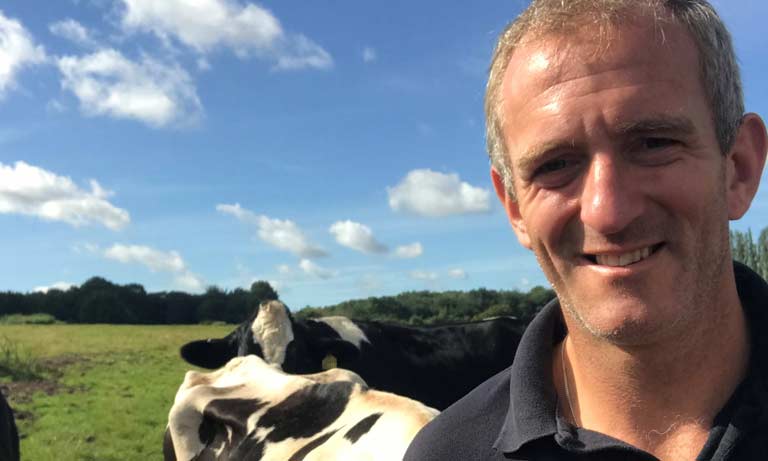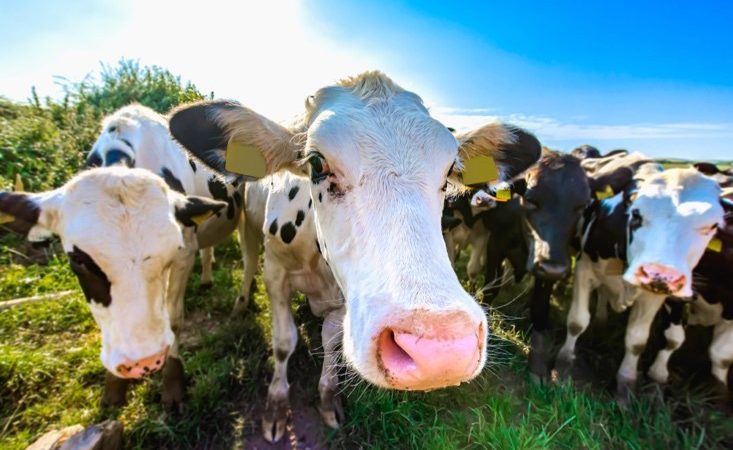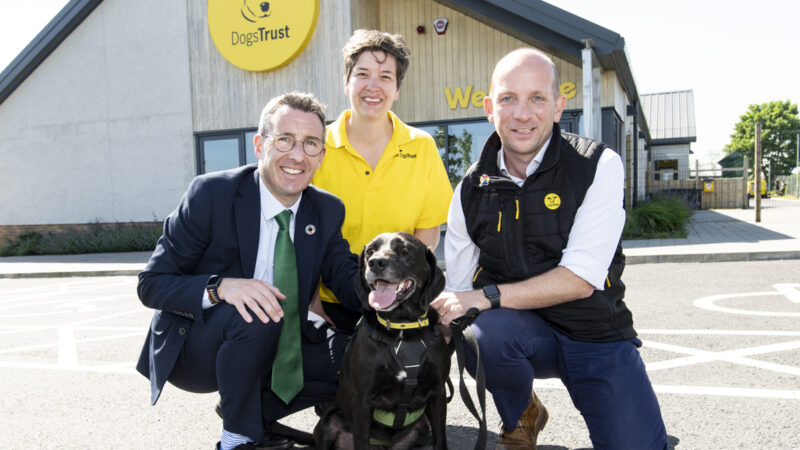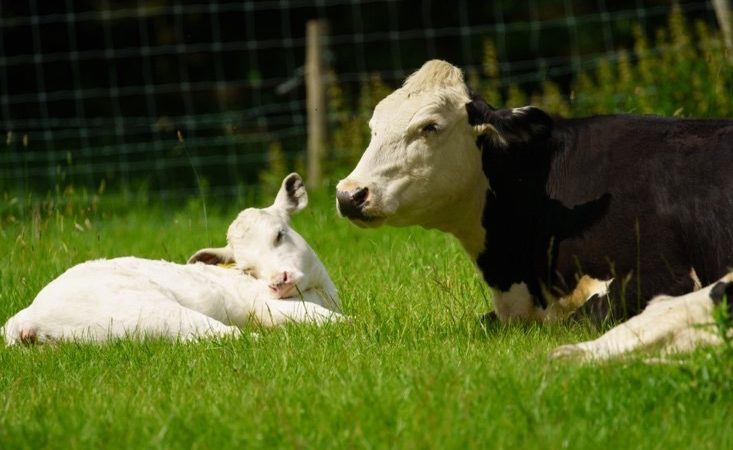Farmers and vets facing cull trauma, MPs told

Mass culls to control animal diseases like bird flu are leaving farmers and vets facing mental health trauma with little support, a parliamentary report has said.
A cross-party committee of MPs found there was a lack of health services in the countryside offering long-term support to those hit by such crises.
It called on the government to fund a “critical mass” of frontline health workers specialising in rural issues.
The government said it was committed to providing rural health services.
The UK Parliament’s Environment, Food and Rural Affairs (Efra) committee published the findings of its inquiry into rural mental health on Thursday.
The report said that crises or “shock” events such as animal disease outbreaks “can be very detrimental for the mental health of the farmers and the vets involved”.
The world is currently suffering its worst avian influenza outbreak, with millions of poultry culled. Meanwhile, last year tens of thousands of cattle were killed in the UK due to bovine tuberculosis.
Sam Stables, 43, a Herefordshire farmer who founded mental health charity We are Farming Minds with his wife Emily, said culling necessitated by a disease outbreak can have “a horrendous effect on a business, on a whole family”. But he said it was not just farmers affected by culling.
He said more had to be done to support farmers who, like himself, do not usually talk about their problems.
“When a farmer says they are suffering mentally or feeling suicidal you know you have to take it seriously – that’s a rare event. They are such a proud people,” he told the BBC.
BVA Vice President James Russell, above, a farm vet of 21 years who now teaches at Nottingham University’s veterinary school, said employers needed to recognise the pressures on young farm vets, and support them.
“Vets are let into the inner circle of a farming family and that comes with a lot of responsibility, particularly if you are person delivering bad news. Vets take that responsibility very seriously and it weighs heavily,” he told the BBC.
“The message I give my students is ‘make sure you interview the practice you are going to’ because good practices give support very, very well. Bad practices are leaving people without the support they need.”
The committee found there was little in the way of long-term targeted mental health support for those hit by disease outbreaks, wit chairperson Sir Robert Goodwill adding rural mental health needed to be a “top priority”.






